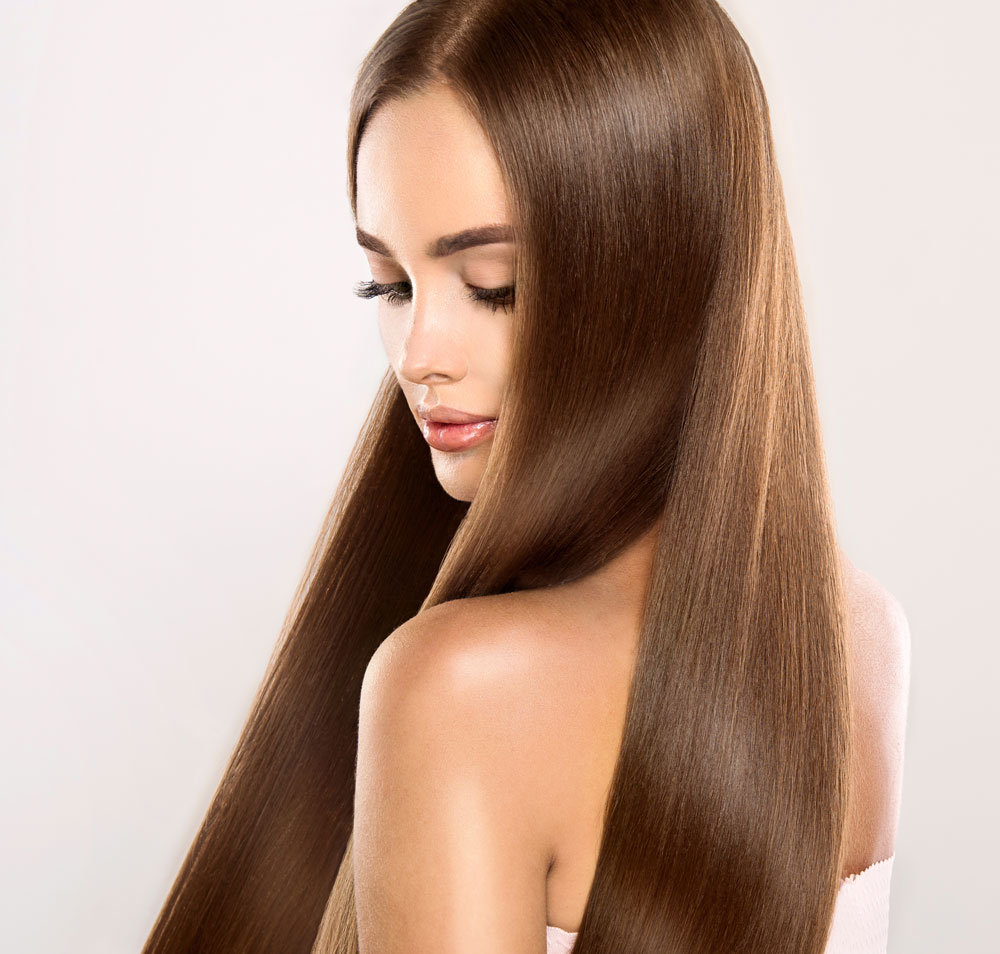Hair Care Treatment for Hair Fall & Thinning in Women

Hair loss and thinning are common problems affecting many women. Various factors, including genetics, hormonal imbalances, stress, and certain medical conditions, can contribute to this issue. While it is normal to lose some hair daily, excessive hair fall and thinning can be concerning. Fortunately, there are several hair care treatments available to address these concerns and promote healthier, thicker hair growth.

1. Scalp Treatments:

Scalp treatments aim to improve scalp health and create an optimal environment for hair growth. These treatments may include:
- Scalp Massage: Regular scalp massages stimulate blood circulation, promote relaxation, and help remove dead skin cells.
- Scalp Scrubs: Exfoliating the scalp with gentle scrubs helps remove product buildup, dirt, and excess sebum from the hair follicles, allowing nutrients to penetrate better.
- Scalp Shampoos and Conditioners: Formulated with ingredients such as caffeine, rosemary, and lavender, these products can stimulate hair growth, strengthen follicles, and reduce inflammation.
2. Hair Masks:
Hair masks provide deep conditioning and nourishment to hair and scalp. They are typically applied for 15-30 minutes and contain ingredients that promote hair growth, reduce breakage, and improve hair texture. Some effective masks include:
- Hair Growth Masks: These masks contain ingredients like castor oil, coconut oil, or amla, known for their hair growth-stimulating properties.
- Strengthening Masks: Masks with protein, keratin, or collagen help strengthen hair shafts, reducing breakage and promoting thicker, fuller hair.
- Moisturizing Masks: Dry, brittle hair is more prone to breakage. Moisturizing hair masks with aloe vera, shea butter, or honey hydrate and nourish dry hair, improving its health and appearance.
3. Hair Supplements:
Hair supplements can provide essential vitamins, minerals, and nutrients that may be lacking in the diet and contribute to hair loss. Some effective supplements for hair growth and fullness include:
- Biotin: A B vitamin involved in protein production, crucial for healthy hair growth.
- Iron: Iron deficiency can lead to anemia and hair loss.
- Vitamin D: Vitamin D plays a role in hair follicle cycling and growth.
- Zinc: Zinc is essential for protein synthesis and helps regulate hormone levels that affect hair growth.
4. Laser Therapy:
Low-level laser therapy (LLLT) is a non-invasive treatment that uses red light to stimulate hair follicles and promote hair growth. LLLT devices can be used at home or in professional settings.
5. Medications:
In some cases, medications may be prescribed to treat underlying medical conditions that contribute to hair loss and thinning. These medications may include hormonal treatments for hormonal imbalances or minoxidil, a topical medication approved for hair loss.
Conclusion:
Hair loss and thinning can be addressed with various hair care treatments that target scalp health, nourish hair, and promote hair growth. By choosing the right treatment plan for your individual needs, you can effectively combat hair loss and enhance the health and fullness of your hair. It’s important to consult a healthcare professional or a dermatologist for personalized advice and to determine any underlying medical causes or hormonal imbalances contributing to hair fall.